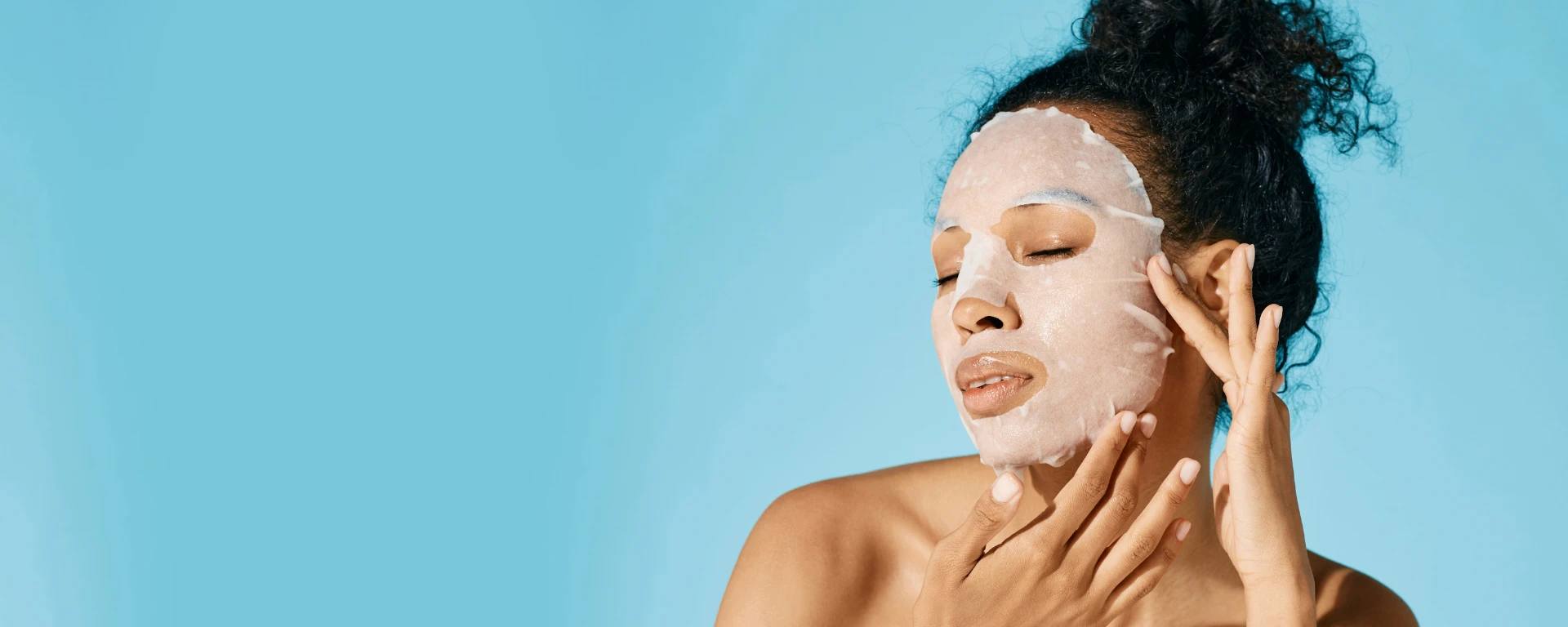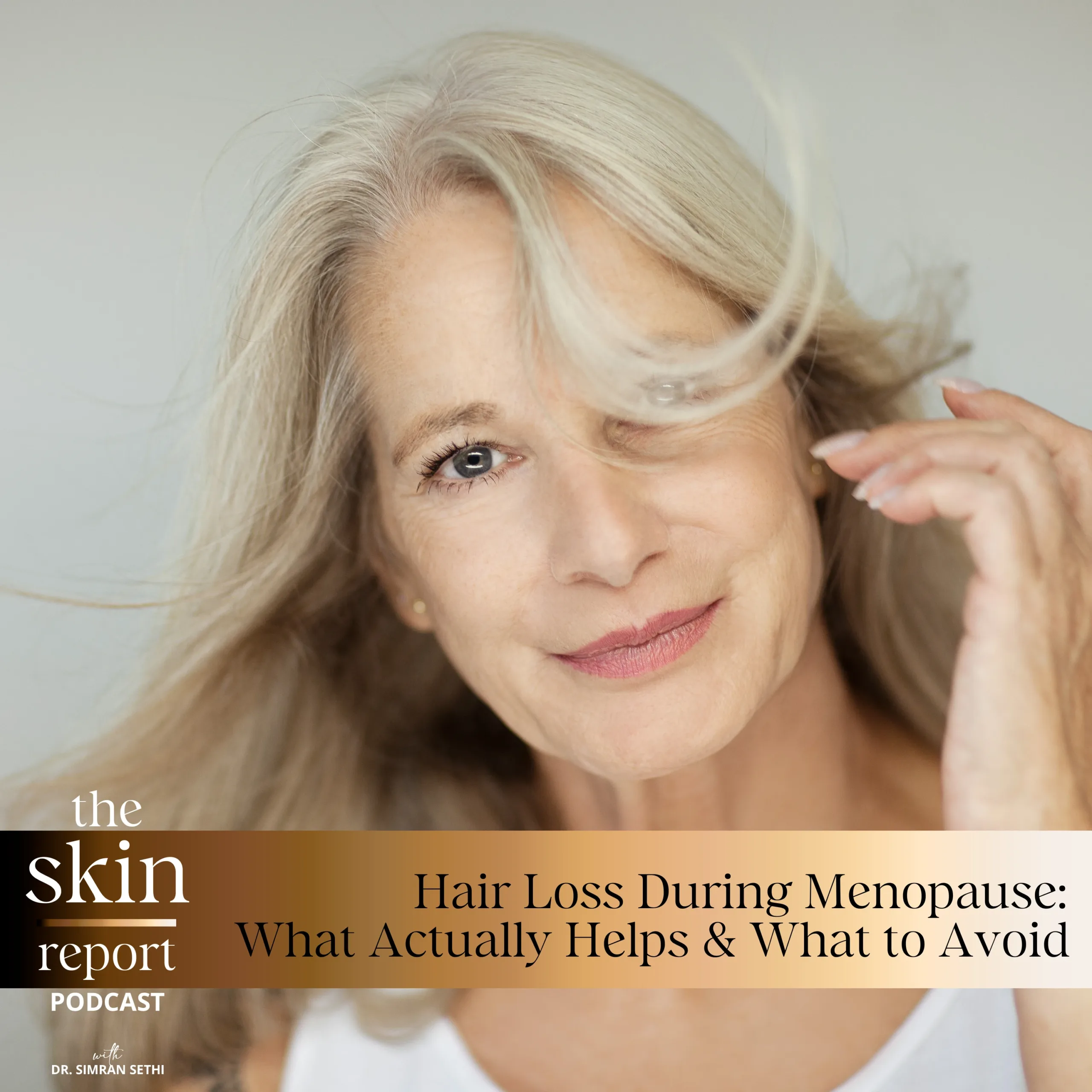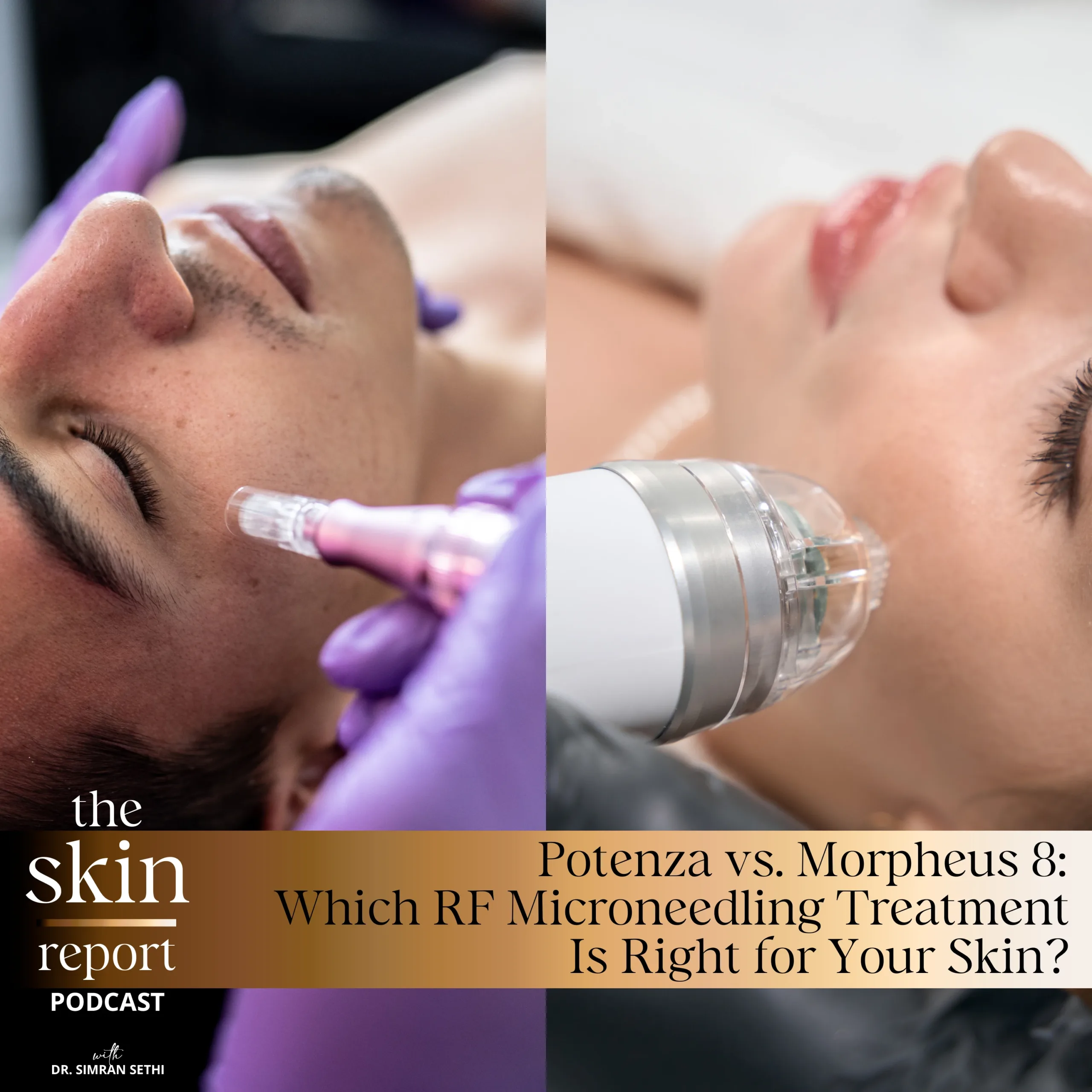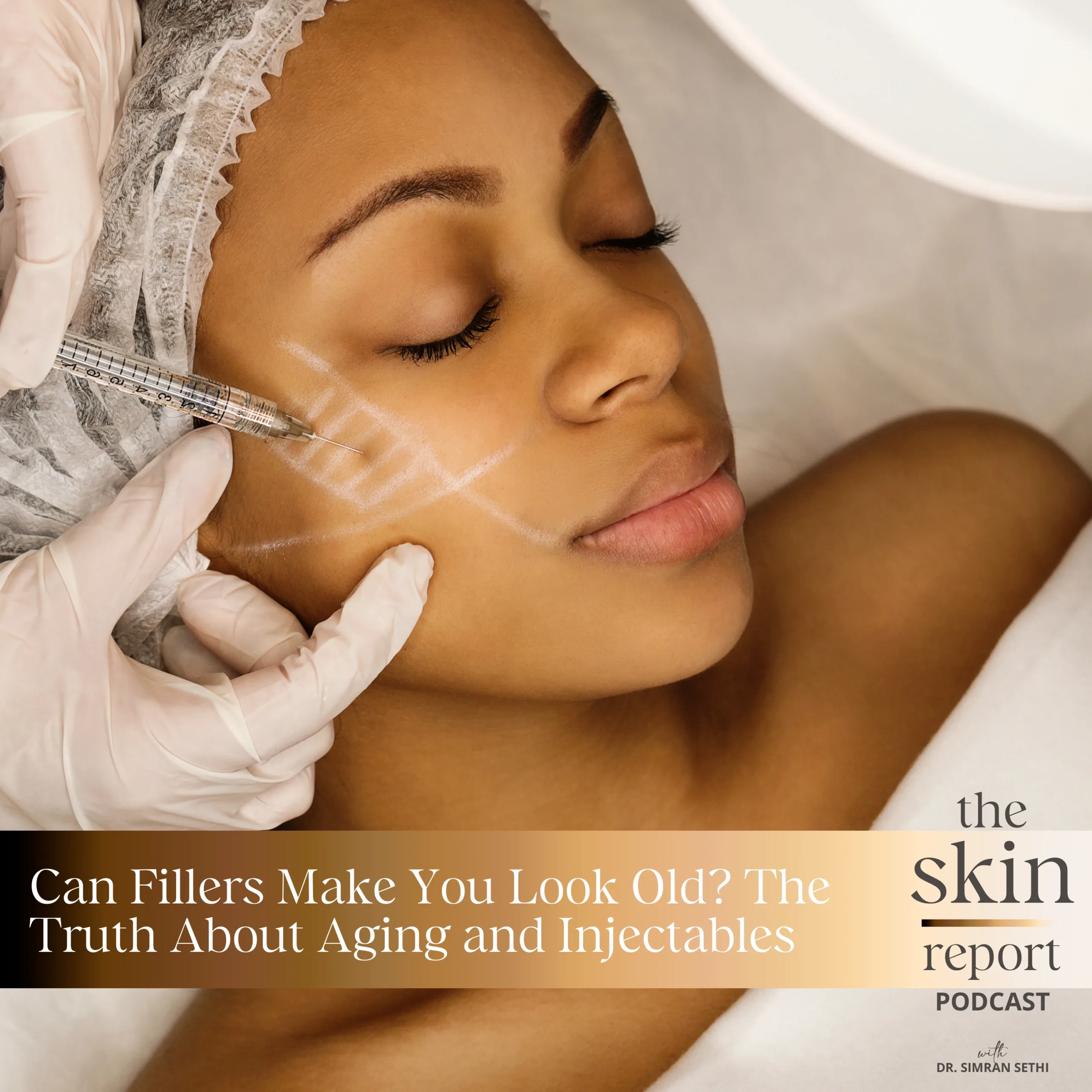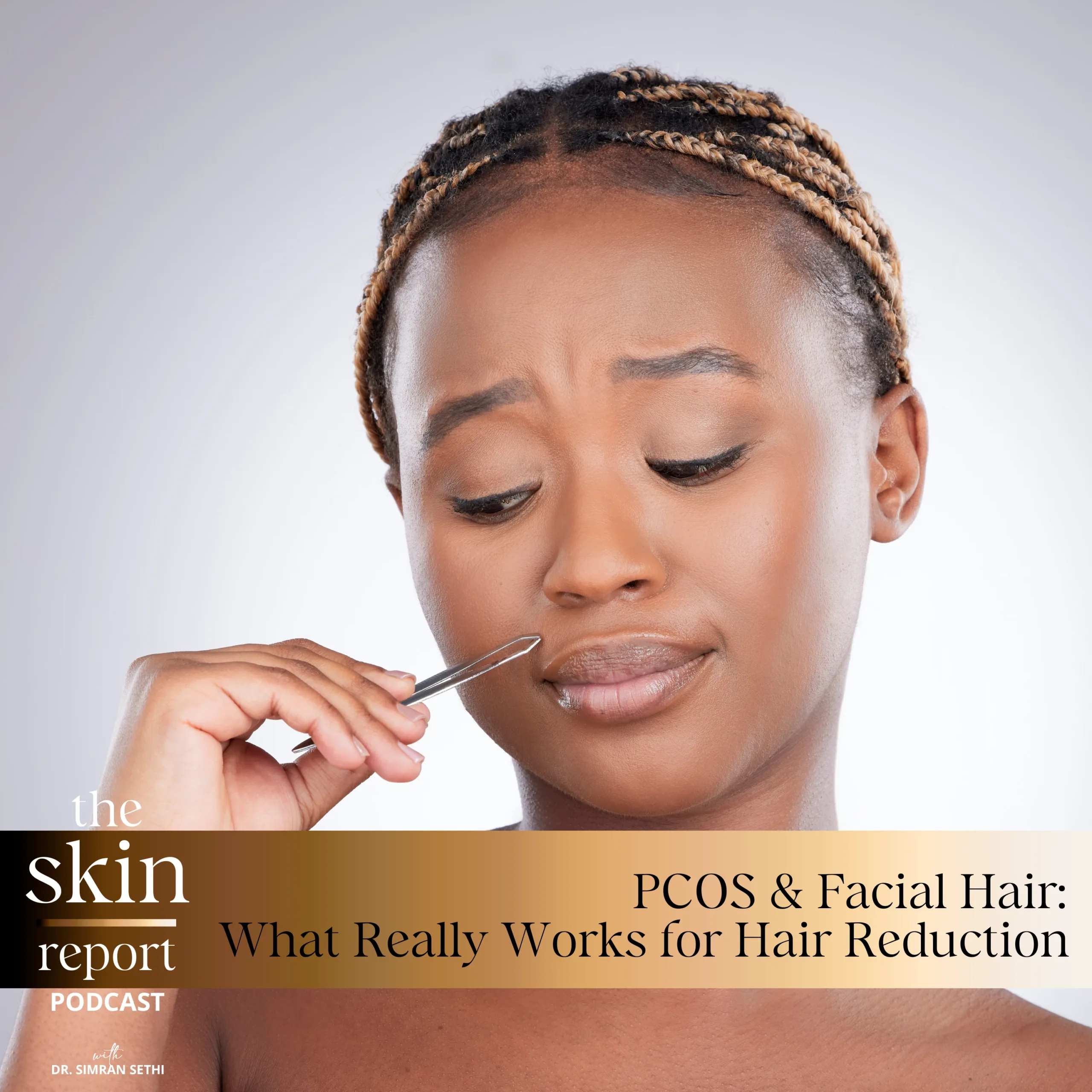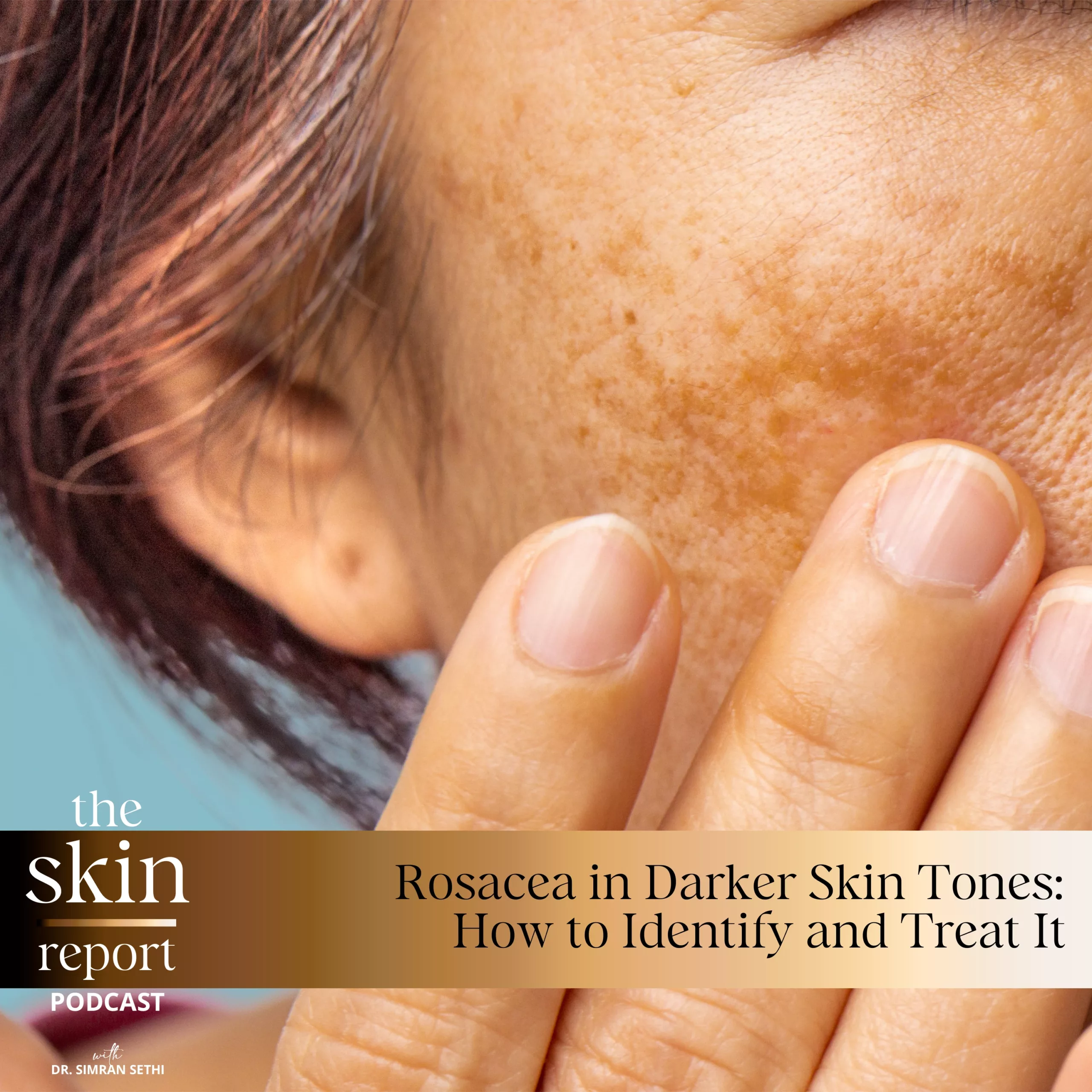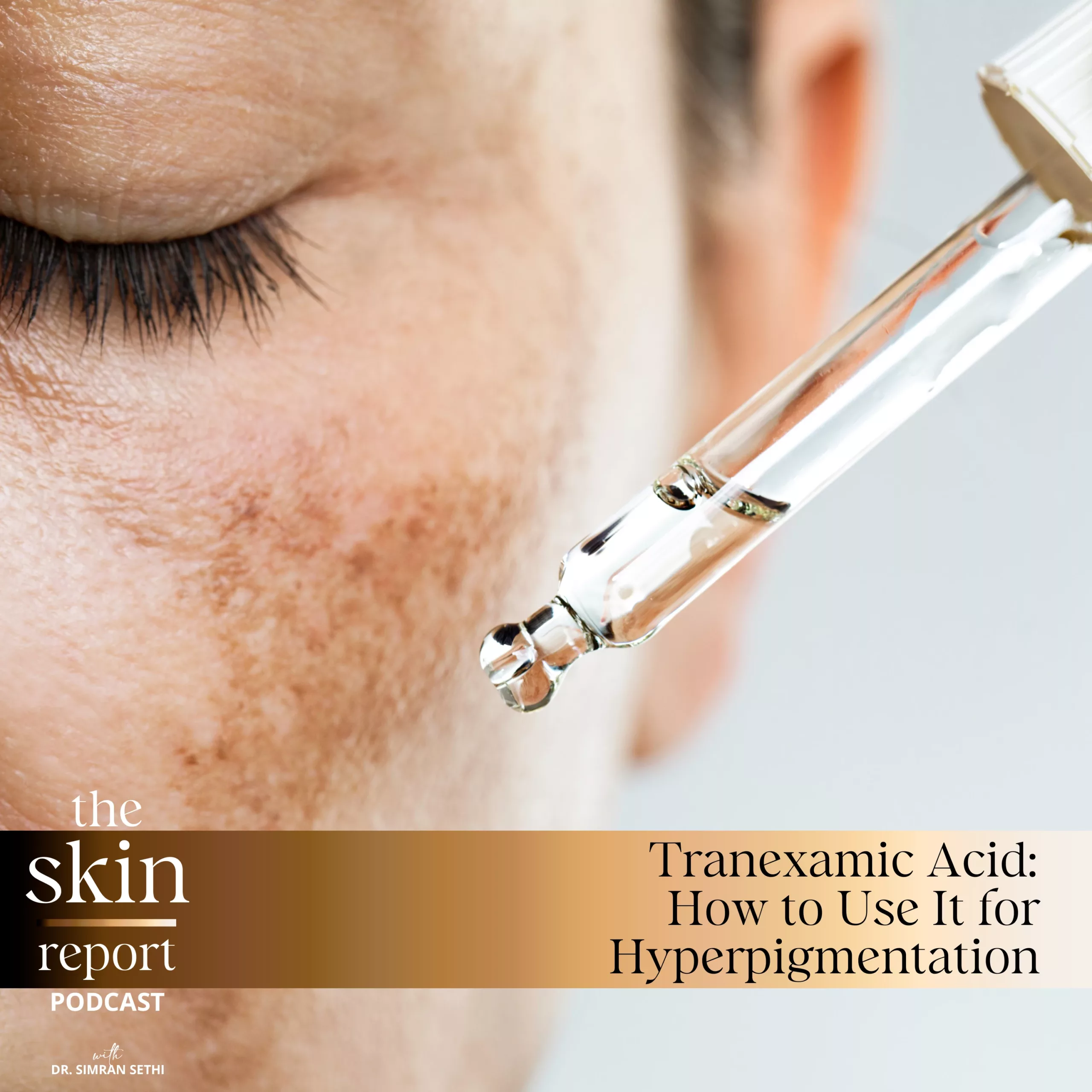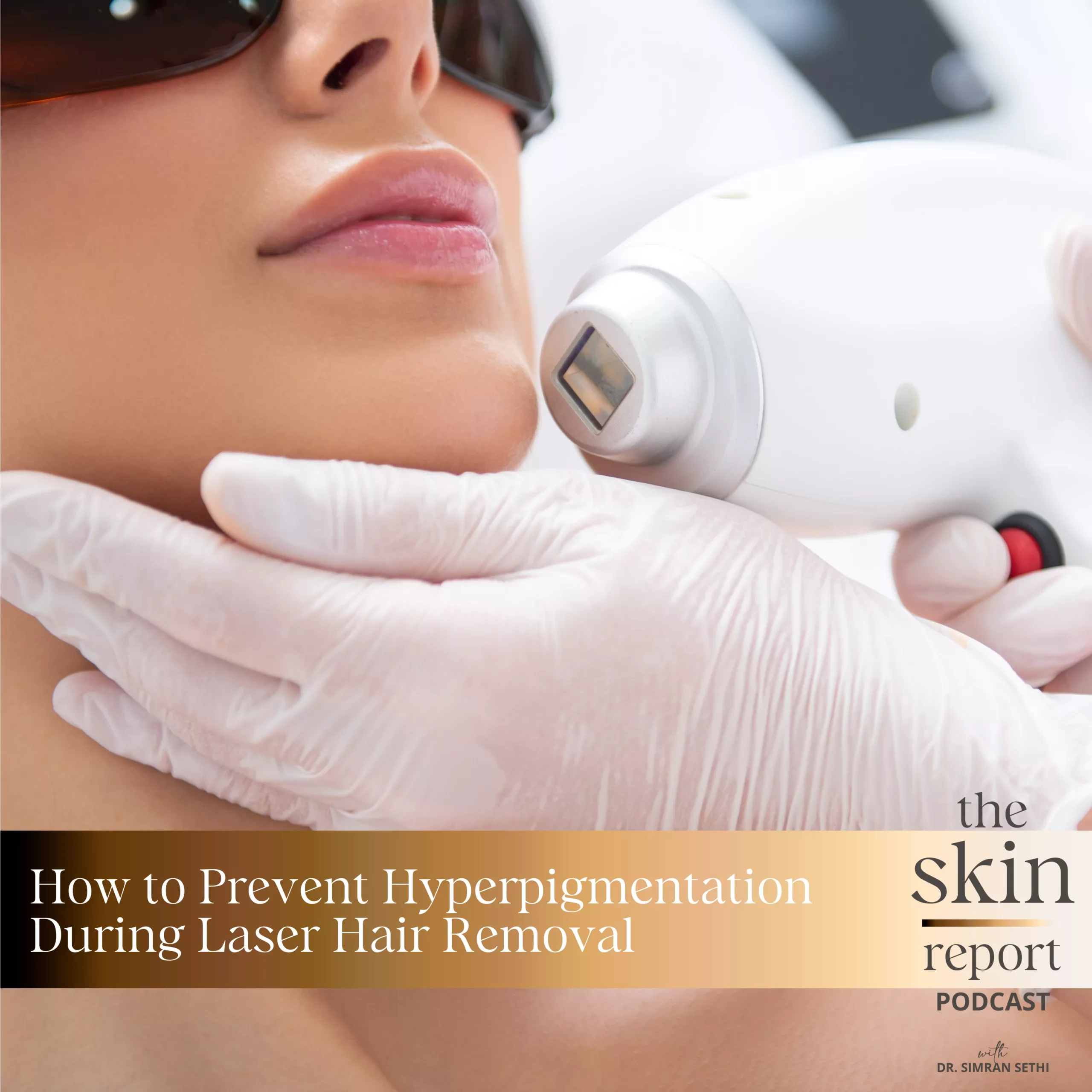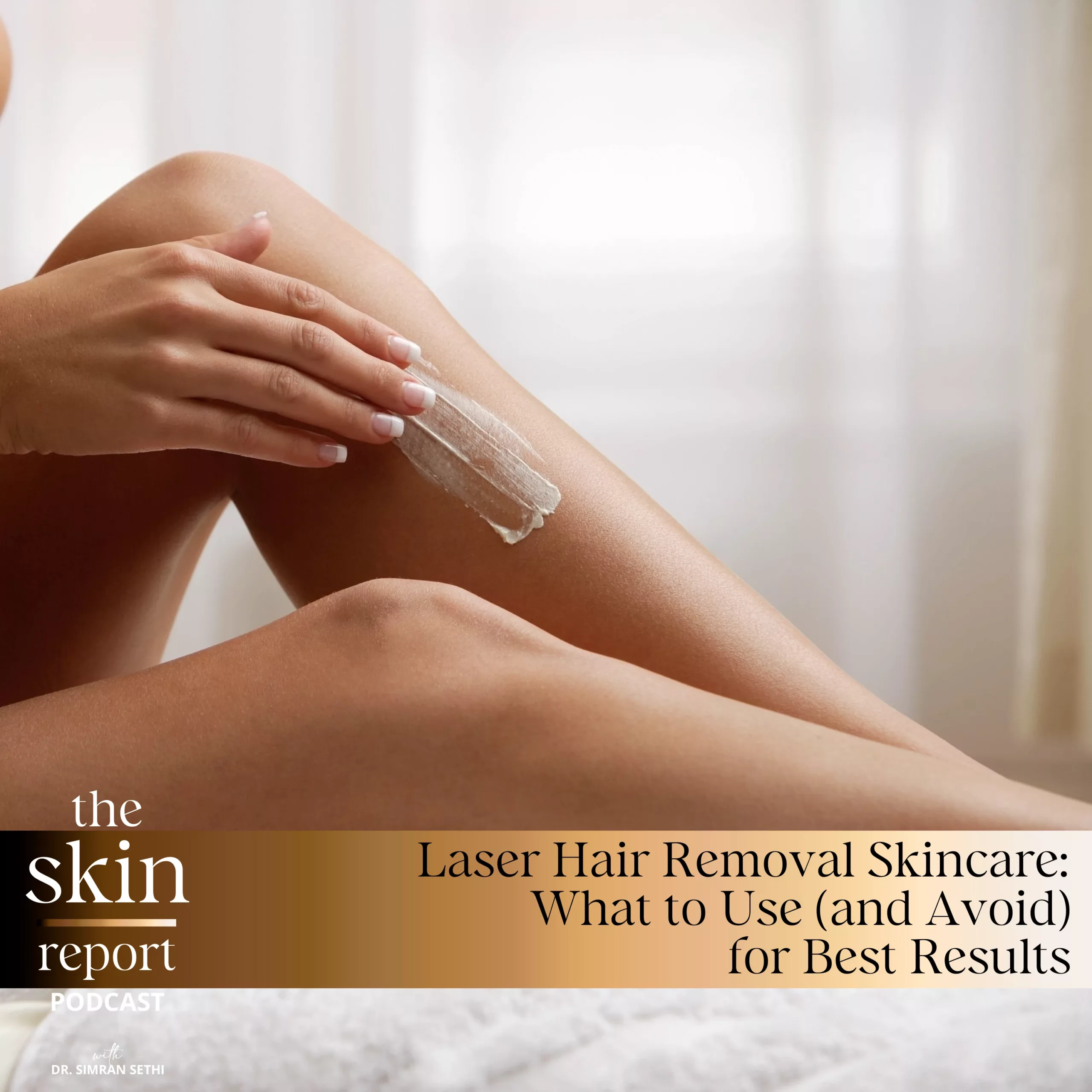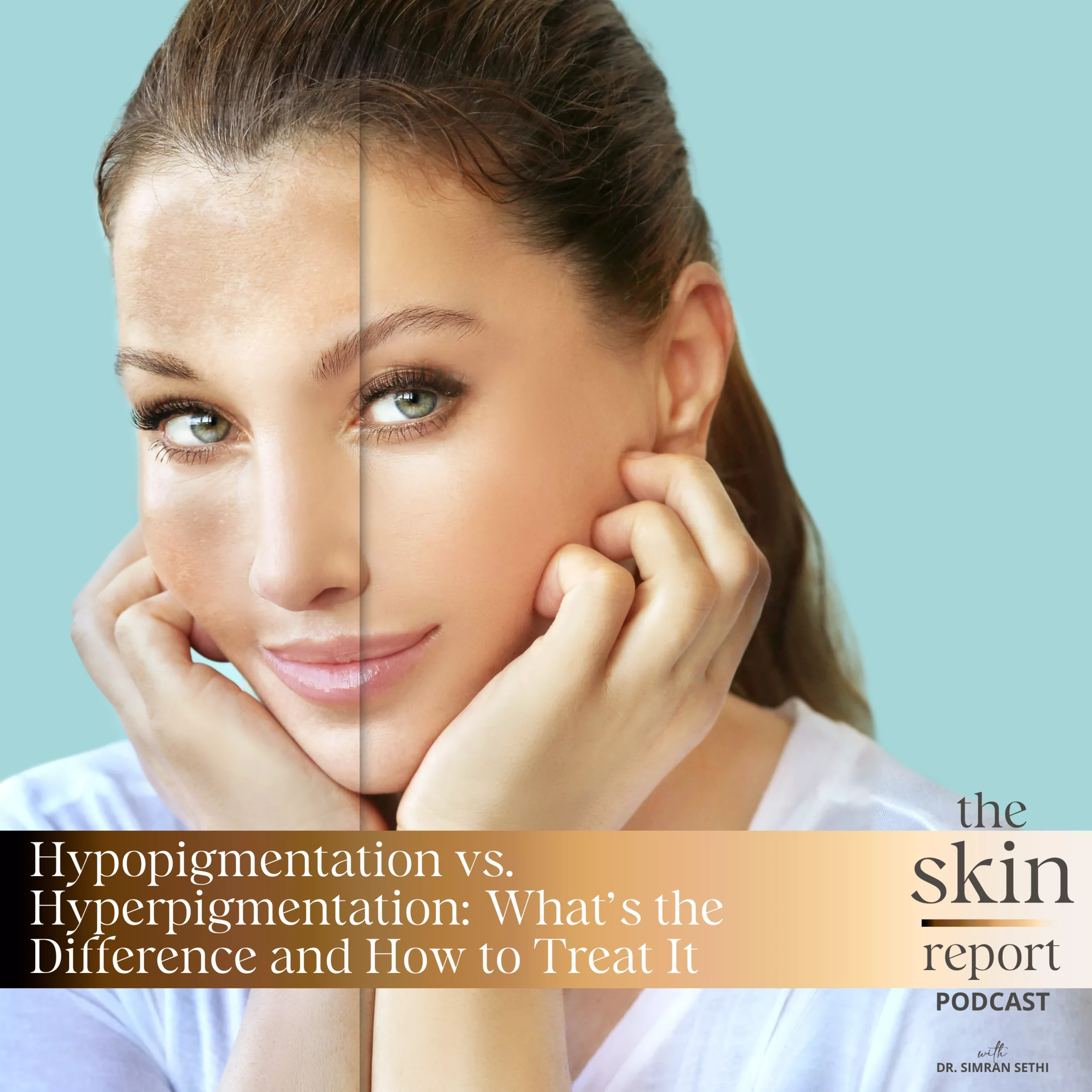Collagen Face Masks:
What They Actually Do & What to Use Instead
In this episode of The SKIN Report, Dr. Simran Sethi unpacks the science behind sheet masks, explains why sleep position affects their effectiveness, and shares a better alternative for overnight hydration: hyaluronic acid.
You’ll learn:
✅ What collagen masks actually do
✅ Why they don’t trigger real collagen production
✅ How hyaluronic acid can mimic the benefits
✅ Lip hydration tips (and why water matters!)
✅ The importance of exfoliating before masking
👍 Like this video and subscribe for more expert skincare tips from Dr. Sethi, especially for women of color and all skin types.
Exclusive Offer for the Skin Report Audience:
Use SKINREPORT20 in the shopping cart to receive 20% discount
LEARN MORE!
The Skin Report Podcast : Subscribe and Download!
Skin By Dr. Sethi – Blog
Skin By Dr. Sethi – Skincare
Skin By Dr. Sethi – Beauty Instagram
Dr. Sethi’s Medical Spa
Dr. Sethi’s Medical Spa – Instagram
First of all, what are collagen-infused face and lip masks? There are many sheet masks on the market now that have collagen in them, or hyaluronic acid, or collagen stimulating products, that can be applied to the face like a sheet mask and used overnight. Not only do we have these for the face, but also for the lips, because it is true, our lips do lose collagen as they age, and they also tend to get dry and look smaller and more wrinkled if they don’t have adequate moisture.
So, the first question I’m sure everyone has is, are these even effective and who should use them? Sheet masks are very comfortable. They are usually very soothing, cool, and when applied and used overnight can help make your skin look refreshed and hydrated. And that’s because they are a sheet that is on your skin. So, not only are they providing your skin with hydrating active ingredients, but also preventing loss of moisture, which means that when you apply a sheet mask, the next day, your skin should look very hydrated.
The only problem that I have with how a lot of these masks are marketed is that they are called collagen masks, and they make the user believe that by applying that sheet mask that you will actually produce more collagen in your skin. In most cases, this is not correct. Collagen stimulation requires penetration of certain key active ingredients into the dermis of your skin, which is your deep skin layer. That’s where you house all of your collagen, elastin, which are your skin proteins. And these proteins give your skin strength and integrity.
When you apply a collagen mask that has collagen in it, you are just allowing that collagen that’s in the mask to insert into the epidermis. The epidermis is the superficial layer of our skin and it has a very important purpose. Its job is to defend the skin against environmental damage, like, pollution, UV exposure, and it also controls what goes in and out of our skin. If you insert collagen into the epidermis, it doesn’t really go into the dermis, and most importantly, when you don’t have that skin care product or that mask on your skin, your skin is not producing collagen, it’s gone. So, if you are going to choose something that is collagen infused, you can do so, but remember, it’s not going to enhance your production of collagen. So, I just make that distinction because a lot of people do believe if a mask has collagen, it will, in fact, make you make more collagen or at least hold onto that collagen when you’re not wearing that mask or do not have that skincare product applied.
The second thing with sheet masks is the fact that they have to stay on your face the entire time that you’re sleeping. I am a side sleeper and if I was to apply a sheet mask, I don’t think it will stay on my face the entire time I’m asleep. If you are a back sleeper, this will be a lot more successful, but there are a lot of side sleepers, there are also a lot of people who sleep on their face. And if you are a side sleeper or a face sleeper, you are likely not going to be able to use a collagen-infused mask on your face or lips.
Now, of course, this is not something that applies to everyone, but I just mentioned it because if you are a side sleeper and you’re considering using a collagen mask or a collagen-infused mask, you may want to rethink that because I’m not quite sure that you are going to keep that on your face the entire time, or maybe it will only stay on one half of your face and fall off the other, or not stay on your skin on the other, and that might give you a very nice, hydrated, glowy look on one side of the face and not the other.
Next, when I first started this episode, I mentioned hydration and how a mask can help keep your skin or your lips hydrated while you’re sleeping because a mask is preventing loss of moisture from the skin. If you cannot use a mask or don’t want to use a mask, or maybe you are on an airplane and traveling and wearing a sheet mask might look a little awkward, consider hyaluronic acid instead.
Hyaluronic acid is a molecule that helps our skin hold onto moisture better. That’s why we have hyaluronic acid in our skin. But as we age, the amount of hyaluronic acid we have in our skin reduces and it never hurts to put more hyaluronic acid on our skin. The only thing is a lot of us use hyaluronic acid early on in our skincare routine or we use it as part of a moisturizer. But if you took a serum that had hyaluronic acid in it and is primarily a high concentration hyaluronic acid, and applied it above your moisturizer as the last part of your skincare routine at night, it is kind of like a mask going to protect the loss of moisture from your skin. So, if you can’t wear a sheet mask or don’t want to wear a sheet mask, you can apply a layer of a high-dose hyaluronic acid on top of your nighttime serum and it can protect and actually will protect the moisture on your skin. So, your skin should feel nice and supple in the morning.
All the things I discussed also apply to the lips, and lip masks are probably a little easier to use than a face mask, but just like in face masks, lip masks with collagen don’t necessarily increase collagen production in your lips. If you’ve noticed that your lips look thinner or they’re drier, it could be because they have less collagen. And the first thing you do want to do is consider hydration of the lips. Lip hydration is actually difficult to do if you are also internally dehydrated. So, remember that drinking a lot of water actually helps with the hydration of your lips.
And if you don’t want to use a lip mask or you can’t use a lip mask, you can always hydrate your lips with products that contain peptides, that will stimulate collagen production, products that contain hyaluronic acid for the lips, which will protect the moisture in your lips.
One of the things that really isn’t part of the whole collagen mask discussion or lip mask discussion is exfoliation, but I’m going to mention this because even if you’re using a collagen-infused mask on your face and lips, you are going to optimize its results if you exfoliate before applying the mask. Exfoliation helps remove the dirt, debris, and the dead skin layer that sits on top of our skin, and if you remove that before applying the mask, everything in that collagen or hyaluronic acid-infused mask is going to penetrate a lot better into your skin.
Collagen-infused face and lip masks are definitely on trend. They are very useful in hydrating your skin, but remember, they do not stimulate collagen production. They are also very effective only if you can sleep on your back. If you are a side sleeper or a face sleeper, you probably cannot use them, in which case you can always apply a high-dose hyaluronic acid serum on your skin and really get the same effect.
If you have any questions about sheet masks that we haven’t covered, please ask me in the comments below. Otherwise, if you haven’t already done so, please subscribe. Turn on your notifications so you always know when we release new content.

